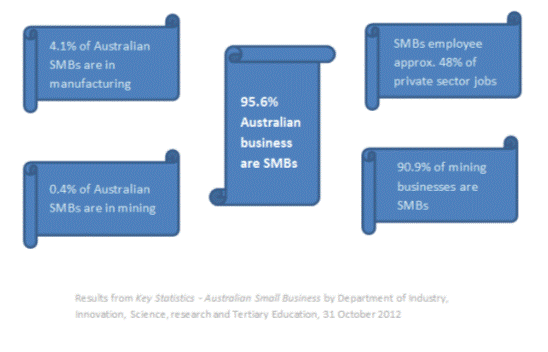I hope you find my writing and business tips and observations useful. My business and blog are dedicated to helping businesses communicate clearly and reach their potential.
Read, subscribe to my newsletter, enjoy!Tash
Are annual reports just for big business?
What do you think of when you hear about an annual report?
If you’re like most people, you think of thick, boring document produced by big business each year, sent out to shareholders who never read them. And there is a certain amount of truth to that, too.
Annual report rules
If you’re new to business, you may suddenly wonder about annual reports – and if there are any rules meaning you have to produce one, too.
The good news for SMBs is that annual reports are not mandatory for every business. However, once you register as a company you may have to produce annual financial reports (which is usually presented as an annual report).
You may also need to produce some sort of annual report if it is stated in your constitution, deed, financial agreement or other controlling document.
Generally speaking, the rules apply to the financial information you must include; the remaining information is an account of the business for the prior 12 months and is often determined by the company itself or the associated industry standards.
Creating an annual report
So if you don’t have to prepare an annual report, can you?
Yes, any business can prepare an annual report – and add whatever you like to it if you are doing it voluntarily!
A good annual report is a mix of general information, financial information and marketing. It is used by people to decide if they want to invest with the business – whether that means a direct investment as a shareholder or as a client – or even be associated with the business (such as an employee adviser or supplier).
Having an annual report certainly adds an air of professionalism and credibility to any business, and you can limit the financial information if you wanted.
On the other hand, it can be time-consuming and expensive to produce an annual report so it’s not something to be taken lightly.
For a business that doesn’t have to produce an annual report, do you think there is much value in doing so? Would you consider creating one for your business?
Do you think SMBs need better management?
I think small businesses (overall) are productive and working hard. Do you agree?
Economist with Treasury, David Gruen, is quoted as stating otherwise yesterday – and this has angered a lot of SMBs.
Amongst other things, he said that “family-run businesses tend to exhibit inferior management performance” and that having many small business in manufacturing impacts on Australia’s productivity because multi-nationals “tend to implement strong management practices”.
Business size and management
Note he is actually discussing results of a report showing that Australian managers ranked lower than those in many other nations, especially in people management. And that this same report showed lower managements standards in smaller companies – although only medium and large companies were studied, not small or micro businesses.
I would like a comparison done that includes small and micro businesses as well – maybe we buck the trend and are managed better than medium businesses?
Better management leads to more productivity and innovation, so management is important.

I like this quote from Gruen:
A healthy economy allows experimentation by small start-ups with bright ideas, which may tend to have low productivity on average but which are likely to either exit, or improve and grow rapidly over time. It sees labour move over time towards higher productivity firms as they gain market share and away from lower productivity firms.
So Gruen was quoting from a report. If we assume the report was conducted well and reported accurately, there seems to be evidence of better management in bigger companies.
From your own experience, would you agree with that? Does your answer change if you ignore businesses with under 100 employees?
Maybe we can improve SMB management?
Instead of assuming Gruen is anti-SMBs, perhaps we can look at how we manage our SMBs and learn from the multi-nationals.
Take a constructive approach to improve our businesses, even if we don’t think the big guys have it right.
The main areas I can think of for improving SMB management are:
- having more written procedures to ensure consistency and efficiency
- outsourcing tasks to give back time for better management – or maybe go the whole way and outsource some management as well!
- making time to learn more – whether by reading more widely or attending seminars or doing actual courses. And keeping to that committment
In his speech, Gruen gave another partial answer:
The level of education and skills of both managers and non-managers is positively correlated with management performance.
Unfortunately I can’t find any figures to show how educated SMB and big business managers are. It makes a certain amount of sense that further education increases your skills, but there are of course exceptions of fantastic managers and business owners with very little education.
And it’s a bit hard to make SMBs get more educated when they’re in the middle of running a business or two!
So what is good management?
How can we as SMBs improve our management?
What management practices do big business use that we can learn from?
By the way, you can read the entire speech transcript from David Gruen. I have no personal opinion of him other than this speech but am glad I looked it up rather than just relying on the second-hand report I first read. Anybody can sound bad with words taken out of context.





Recent Comments